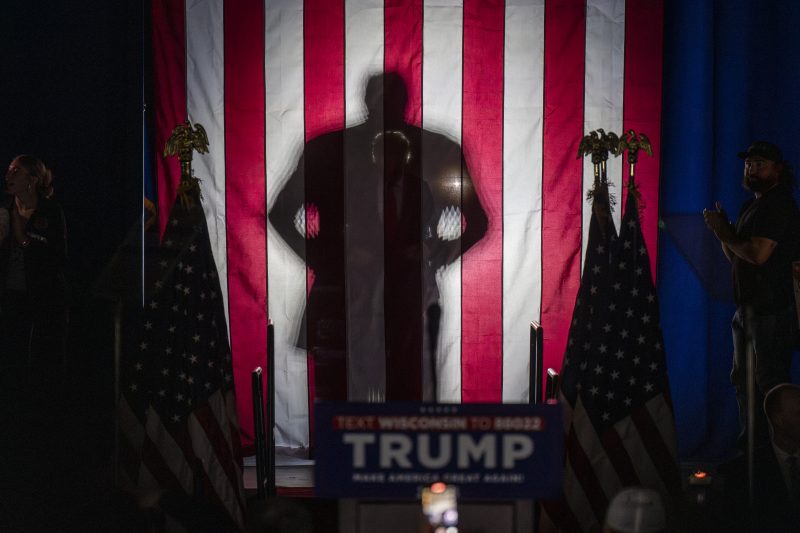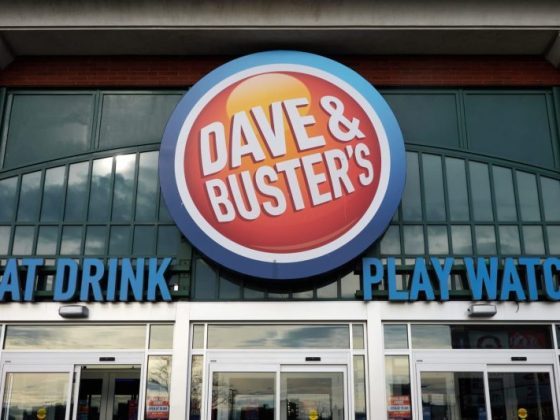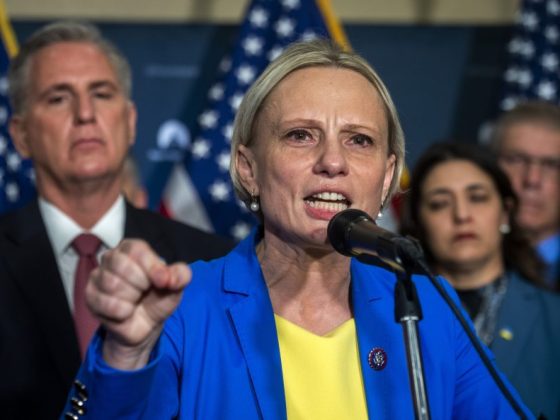Libertarianism, renowned for its laudable respect for individual liberty, has operated on the fringes of American politics for decades. This political philosophy endorses less government intervention in individual life, the respect of personal freedoms, free markets, and non-aggression towards others. So, it seemed like an interesting twist in the political narrative when Libertarians extended an invitation to headline their convention to Donald Trump, a politician known for his divisiveness and stirring anger in many quarters. This strategy sparked a heated debate within the libertarian community and outside of it, with libertarians as well as non-libertarians expressing their views on this potential alliance.
Donald Trump, a polarizing figure, has been both revered and reviled in American politics. Known for his bold rhetoric and exceptional practices, his presence at the head of the Libertarian convention could be seen as a paradox. The 45th president’s administration was filled with fiscal, social, and foreign policy decisions that didn’t align with the Libertarian values. From signing executive orders to increase tariff barriers to allocating significant sums for defense spending, these policies, among others, fly in the face of the core concepts of Libertarianism. Libertarians have long advocated for free trade, skepticism towards military interventions, and fiscal conservatism – positions that contrast sharply with the politics of the Trump administration.
However, the Libertarians’ invitation to Trump was not without its reasoning. Popular media coverage is one of the strategic means by which political parties gain prominence and foster their ideologies. Having Trump as a keynote speaker, a figure who rarely escapes media attention, could spike interest in Libertarian philosophy and attract unprecedented attention to the party. Moreover, Trump’s wide base of supporters potentially offers an opportunity for the Libertarian party to expand its own supporter base.
Despite these potential benefits, the invitation would come at a cost. Even though Trump could potentially increase the Libertarian party’s visibility, he might also taint the party’s image in the public’s perception, particularly with those who view his politics unfavorably. Inviting a political heavyweight like Trump, known for his unique brand of Republicanism, could risk casting a shadow over the distinct identity of Libertarianism.
The used tactic of drawing the public’s attention to the convention by inviting Trump was met with considerable resistance within the Libertarian community. Many party members voiced concerns that Trump’s presence at the convention could distract from Libertarian core values, while others were worried that Trump’s divisive nature could instigate more negativity than growth. There were those within the party who thought inviting Trump, a figure that invoked both adulation and vitriol, could be seen as abandoning the principles of Libertarianism for populism and media attention.
Outside the party, various political observers and analysts expressed their concerns. Some considered it a desperate attempt for media attention, while others deemed it a strategy to broaden the party’s supporter base. Some critics thought the invitation undermined the foundational principles of Libertarianism, making a mockery of its libertarian ideals in favor of media attention.
Ultimately, inviting Donald Trump to headline the Libertarian convention stirred anger and caused controversies on multiple fronts. There were those who saw it as a strategic move to gain visibility and those who viewed it as a potential threat to the ideology of Libertarianism. This event posed serious questions about the intersection of political strategy, party identity, and public perception – a dialogue that extends beyond Libertarianism and into the broader political landscape.











